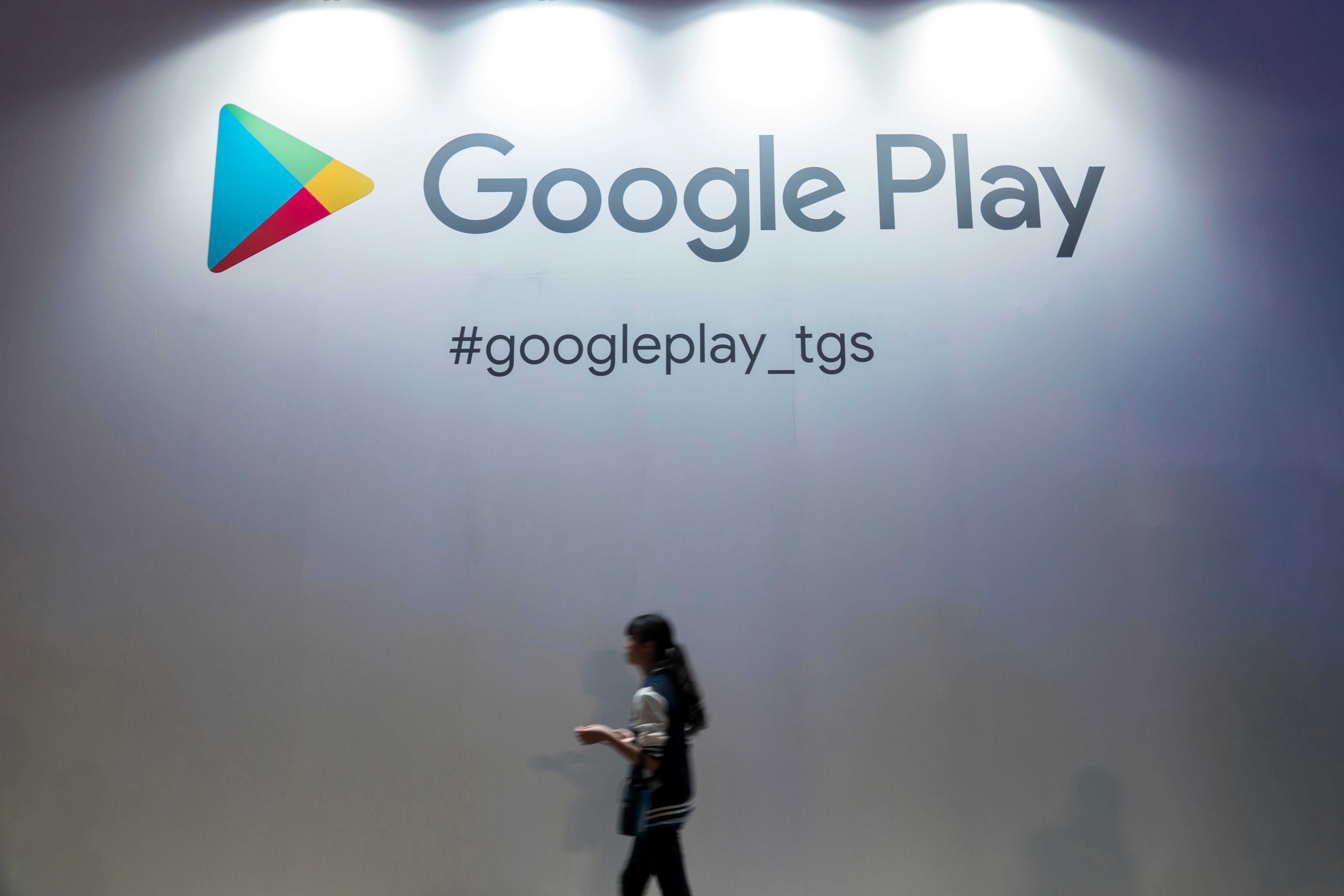Google follows Apple by making developers reveal what data they collect from users
All apps on the Play Store will have to provide this information - including Google’s

Google will be introducing the same privacy labels that Apple brought to the iPhone and iPad this year.
Apple’s recent iOS 14 update rolled out “nutrition labels” that are aimed at giving users more information about what data an app collects.
Google will now inform users of the same thing: whether an app collects data on a user’s location, contacts, personal information, photo and videos, audio files, or storage files.
It will also describe how the data is used, giving more information about app functionality and personalisation, as well as whether the data is encrypted, whether users have a choice in sharing it, and whether the app’s safety section is verified by a third-party.
If Google finds that a developer has misrepresented the data, they will require the developer to fix it. It is unclear if Google is actively checking for this information, and has been criticised for lacklustre moderation of its app store in the past – as has Apple. When asked by The Independent, Google declined to answer.
All apps on the Google Play store, including the company’s own, will be required to share this information and provide a privacy policy. The feature will roll out in 2022.
This makes a marked change to how users are currently informed of the permissions given to apps: digging through their Android device’s settings menu to find the data provided.
There is an option to see App Permissions in the Google Play Store app – by tapping “About this app”, scrolling to the bottom, and then hitting the green “See More” button under “App permissions” – but that is a lengthy process and it is unlikely many users have ever navigated to that section of the storefront.
“Recent moves by Apple and today’s announcement by Google signal a clear shift in priorities for big tech. We don’t yet know how these high-profile strategic initiatives will play out in the context of recent anti-trust risks”, Dyann Heward-Mills, ethics expert for the European Commission and CEO of data protection office HewardMills, told The Independent.
“What is clear is that Apple and Google do appear to be embracing a sea change in popular opinion here. This may be seen as a closing chapter in the history of the surveillance economy that was born from the utopian dot com boom.”
Google might be following Apple’s footsteps in providing “nutrition labels”, but it has not gone as far as the Cupertino smartphone manufacturer. Apple’s iOS 14.5 update brought with it App Tracking Transparency, which forces developers to ask permission to see the unique identifier that tracks usage between apps.
This identifier is used by companies to show people ads, and as such has put it in battle with advertising giants such as Facebook. Google also makes a huge amount of money from advertising, reportedly netting $29.95 billion in revenue in 2019.
However, Google should do more to put “user consent at its centre”, CEO and Founder of business consultancy company CLV Group Neil Joyce, told The Independent.
“Their privacy sandbox announcement is aimed at advertisers and their technology partners, and fundamentally benefits Google's large advertising network business”, Joyce said.
“These changes will significantly reduce the number of companies that can use consumers’ data to target them with ads, which will benefits users as long as they fully understand privacy settings. But realistically, there will little visible difference to the consumer.”
Subscribe to Independent Premium to bookmark this article
Want to bookmark your favourite articles and stories to read or reference later? Start your Independent Premium subscription today.

Join our commenting forum
Join thought-provoking conversations, follow other Independent readers and see their replies